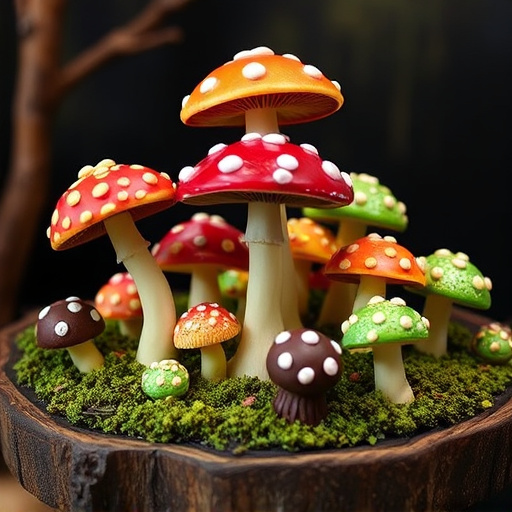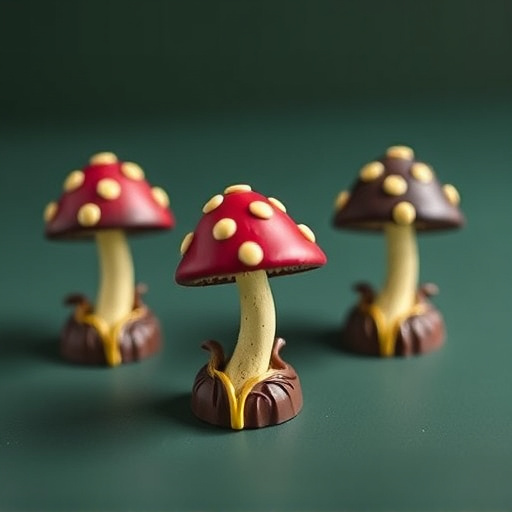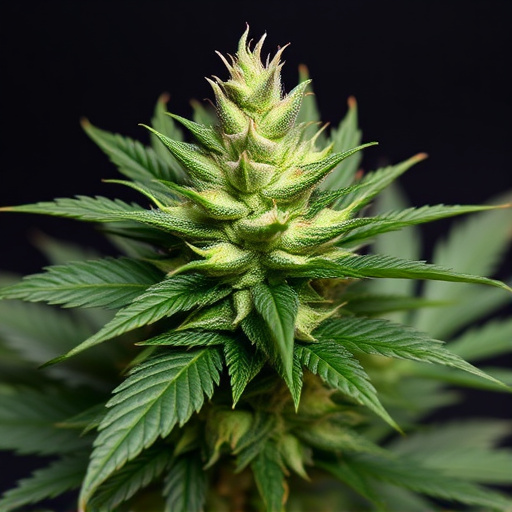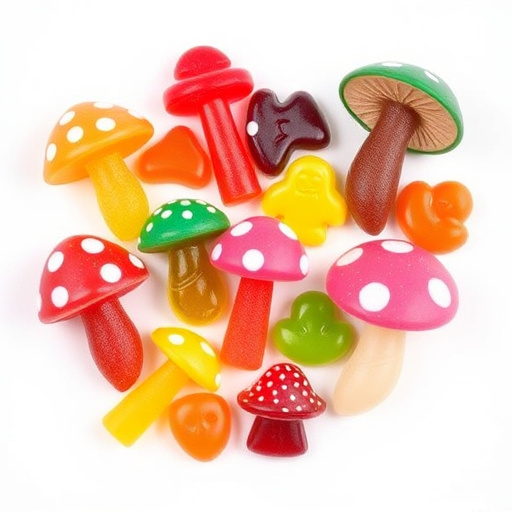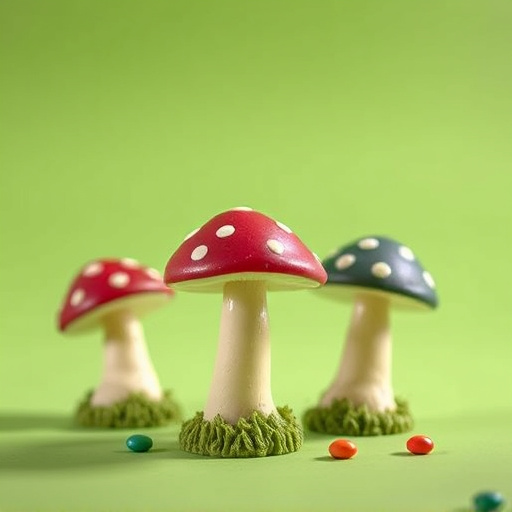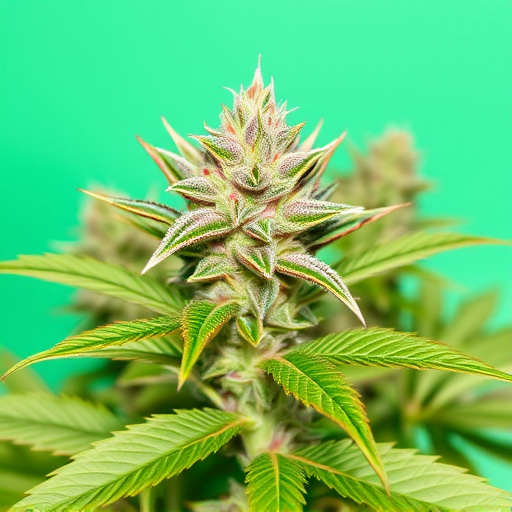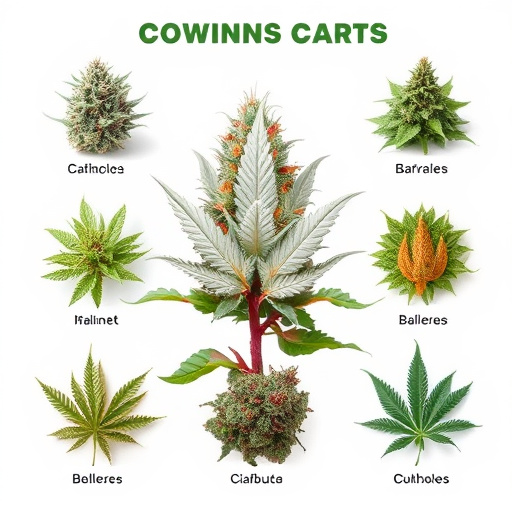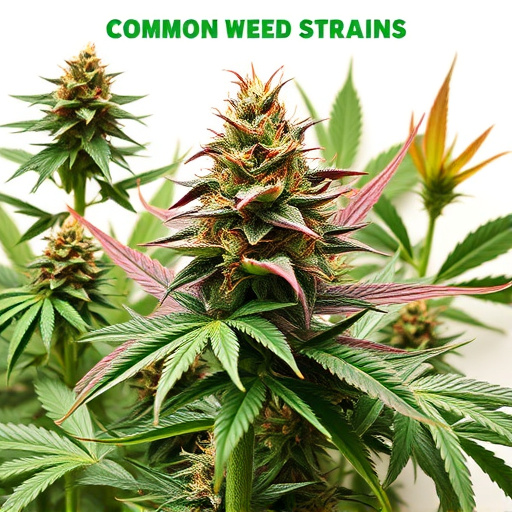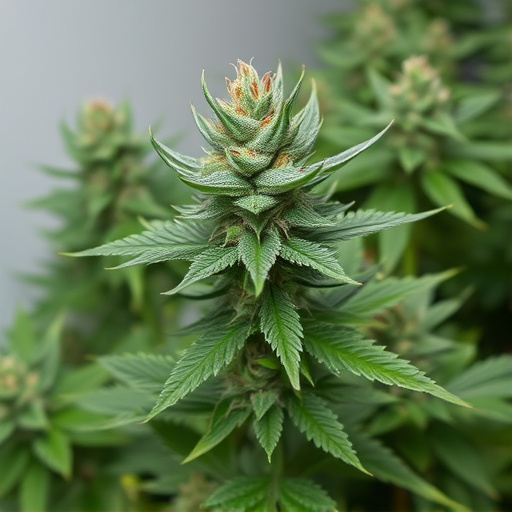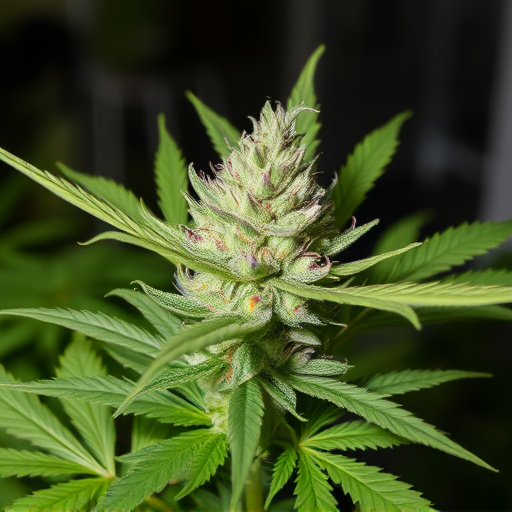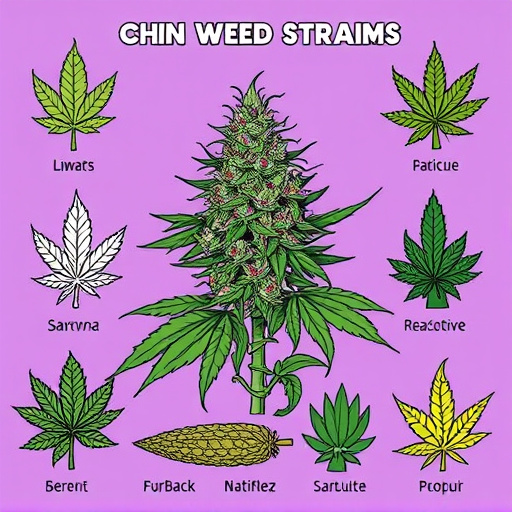Cannabis offers alternative treatments for anxiety and depression through interaction with the body's endocannabinoid system. Specific common weed strains like Charlotte's Web (high CBD) and Indica varieties (low THC) have shown effectiveness in managing these conditions without psychoactive effects. Indica strains, such as Northern Lights, aid stress relief and sleep, while Sativa strains like Jack Herer boost energy, focus, and creativity. Selecting the right strain depends on individual preferences and symptoms, with research on cannabinoids and terpenes guiding the choice for optimal therapeutic benefits.
Discover the best cannabis strains for anxiety and depression relief. This comprehensive guide explores the science behind cannabis’ impact on mental health, highlighting various common weed strains and their unique effects. Learn how to choose the right strain tailored to your specific needs, offering natural support for managing symptoms effectively. Uncover insights into navigating the world of cannabis for improved well-being.
- Understanding Cannabis for Anxiety and Depression: The Science Behind It
- Common Weed Strains and Their Effects on Mental Health
- How to Choose the Right Strain for Your Needs
Understanding Cannabis for Anxiety and Depression: The Science Behind It
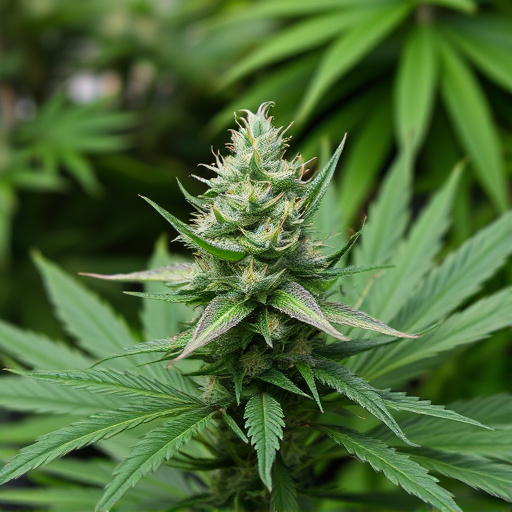
Cannabis has gained significant attention as an alternative treatment for anxiety and depression, with many seeking relief from its soothing effects. The science behind this natural remedy suggests that certain compounds in cannabis, primarily cannabidiol (CBD) and tetrahydrocannabinol (THC), interact with the body’s endocannabinoid system to regulate mood, reduce stress, and promote relaxation. This system plays a crucial role in maintaining overall balance within the mind and body.
Research indicates that specific common weed strains known for their high CBD content or unique cannabinoid profiles can be particularly beneficial. Strains like Charlotte’s Web, with its remarkable CBD-to-THC ratio, have shown promise in treating anxiety without causing psychoactive effects. Other popular choices include strains with low THC levels, such as some Indica varieties, which are renowned for their calming attributes and ability to alleviate symptoms of depression and restlessness. Understanding the science behind these cannabis strains empowers individuals to make informed decisions about their well-being.
Common Weed Strains and Their Effects on Mental Health
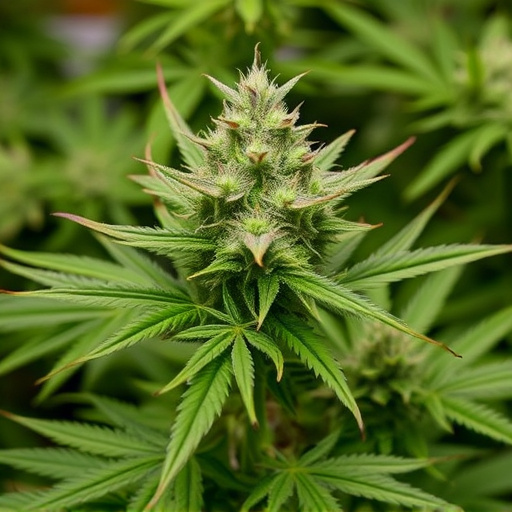
In the realm of cannabis, various strains have gained popularity for their potential therapeutic effects on mental health, particularly in managing anxiety and depression. Among the common weed strains sought after by folks looking for botanical relief are Indica and Sativa varieties, each with distinct characteristics that cater to specific needs.
Indica strains, known for their calming and relaxing properties, often provide a more sedating effect. These buds are typically associated with relieving stress, easing muscle tension, and inducing sleep—making them popular choices for those dealing with anxiety or seeking a peaceful night’s rest. On the other hand, Sativa strains offer a more uplifting and energizing high. They can boost mood, increase focus, and stimulate creativity, which makes them preferred by individuals looking to combat depression or fatigue. Some common weed strains known for their mental health benefits include Northern Lights (a classic Indica), known for its soothing effects; and Jack Herer (a Sativa hybrid) celebrated for its ability to enhance mood and reduce tension.
How to Choose the Right Strain for Your Needs

When choosing a cannabis strain to help with anxiety or depression, it’s essential to consider your individual preferences and specific symptoms. Different strains offer unique effects, so finding the right fit is key. Start by researching common weed strains known for their therapeutic benefits, such as Indica and Sativa varieties. Indicas are generally more sedating and can induce relaxation, making them popular for nighttime use to alleviate anxiety and promote sleep. Sativas, on the other hand, tend to stimulate mental clarity and uplift mood, which may be beneficial during the day for managing depression.
Read up on the specific cannabinoids and terpenes present in each strain, as these compounds contribute to the desired effects. Cannabidiol (CBD) is a non-psychoactive cannabinoid known for its anxiety-reducing properties, while tetrahydrocannabinol (THC) can help with depression but may cause increased anxiety in some users. Terpenes like myrcene and linalool are also associated with relaxation and stress relief. By understanding these factors, you can make an informed decision and choose a cannabis strain that best suits your needs for managing anxiety and depression symptoms.
Cannabis has emerged as a potential natural remedy for managing anxiety and depression, with various strains offering unique effects to suit different needs. Understanding the science behind cannabis’ interaction with our endocannabinoid system is crucial. Among the many common weed strains, Indica varieties are often preferred for their relaxing and calming properties, while Sativas may provide uplifting and energizing effects. By considering individual preferences and specific symptoms, choosing the right strain can be a game-changer. Further research and consultation with experts are recommended to ensure safe and effective use of cannabis for mental health support.
